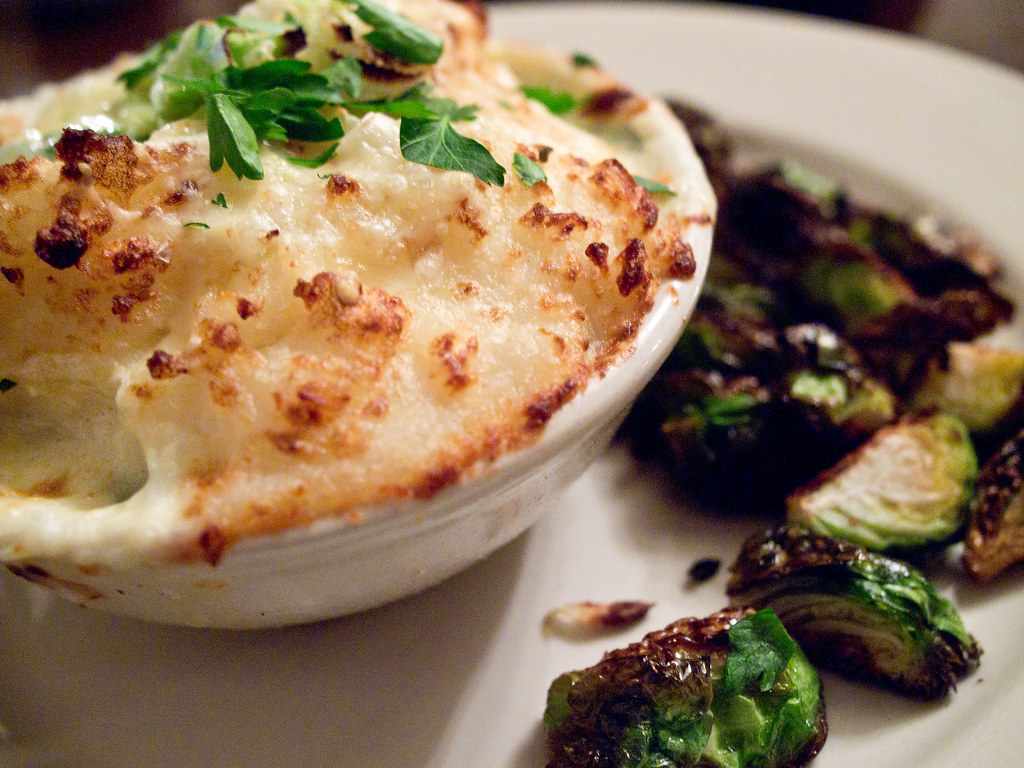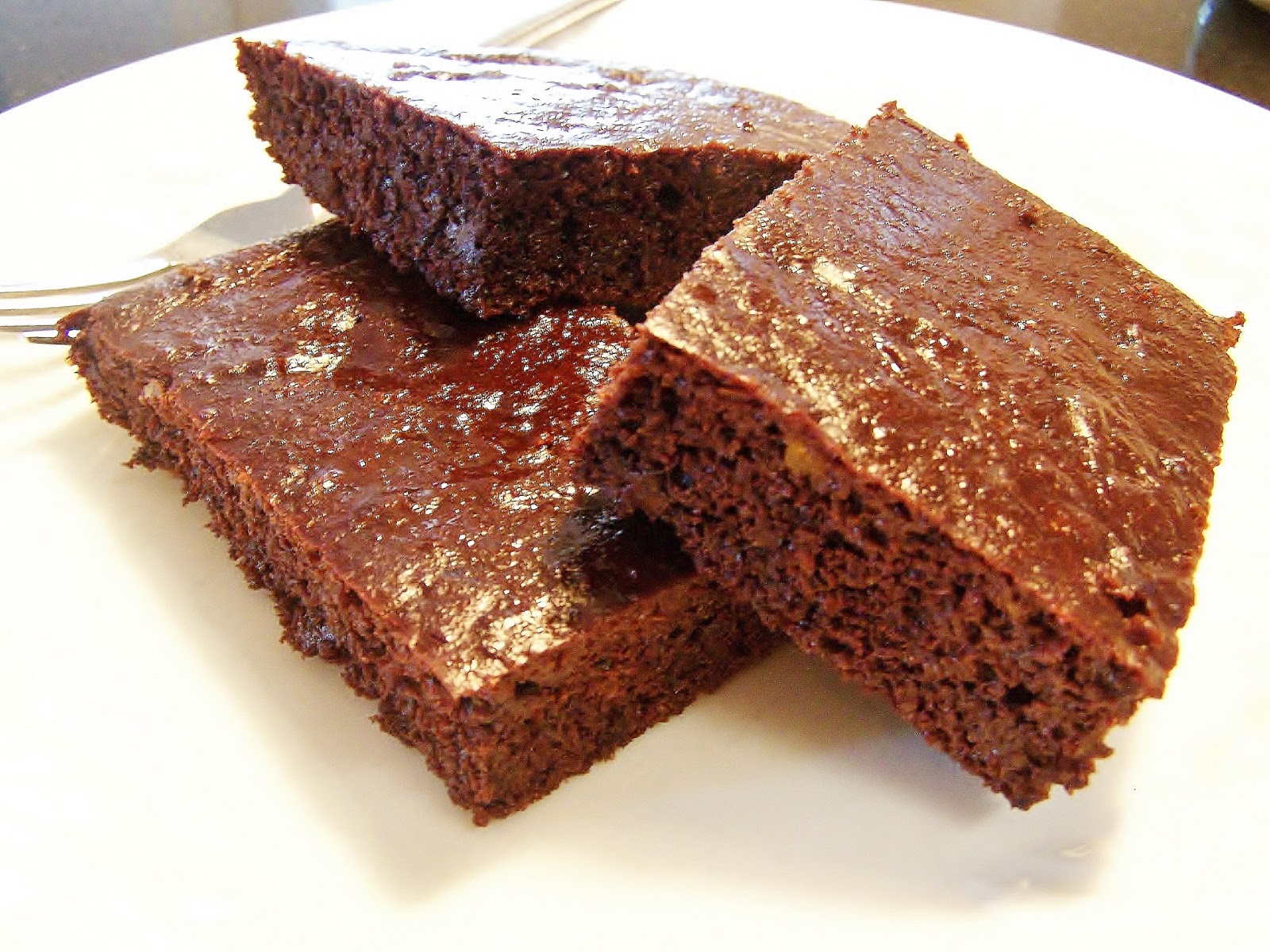A healthy homemade fish pie which is low in calories, low in carbs and high in proteins. This delicious fish pies is also full of omega 3 and vitamin D for a healthy balanced diet. I highly recommend you to try this homemade fish pie as a lovely recipe for your family.
Ingredients
- 1 kg sweet potato, cut into large chunks
- 2 teaspoons rapeseed oil
- 2 leeks, halved lengthways, then chopped
- 1 heaped tablespoon plain flour
- 1 fish stock cube
- 400 ml skimmed milk
- Good pinch white pepper
- 25 g fresh parsley chopped (plus a little to garnish)
- 1 heaped teaspoon smoked paprika
- 300 g white fish, cut into cubes
- 300 g salmon, cut into cubes
- Pinch black pepper
Method
- Preheat the oven to 180°C/gas 4. Boil the sweet potatoes for 15-20 minutes until soft and drain.
- Heat the oil in a saucepan over a low-medium heat and fry the leeks, stir regularly, until they soften, about 7-8 minutes.
- Sprinkle the flour over the leeks and crumble the stock cube over. Mix well for a minute or so until the leeks are coated.
- Slowly stir in a quarter of the milk until it becomes quite thick, then gradually stir in the rest, stirring constantly, until it comes to the boil. Stir in the white pepper and parsley and remove from the heat.
- Mash the sweet potatoes thoroughly and mix in the smoked paprika.
- Add the leek sauce to an ovenproof dish and arrange the fish so that it is evenly distributed, pushing it into the sauce. Top with the sweet potato and bake for 25-35 minutes until the sauce starts bubbling through the sweet potato, sprinkle with the remaining parsley and black pepper.
Nutritional Information
| Per 100 g | |
| Energy (Kcal) | 88 |
| Protein (g) | 6.0 |
| Carbohydrates (g) | 10.3 |
| of which sugars (g) | 3.3 |
| Fats (g) | 2.1 |
| of which saturates (g) | 0.3 |
| Salt (g) | 0.2 |








